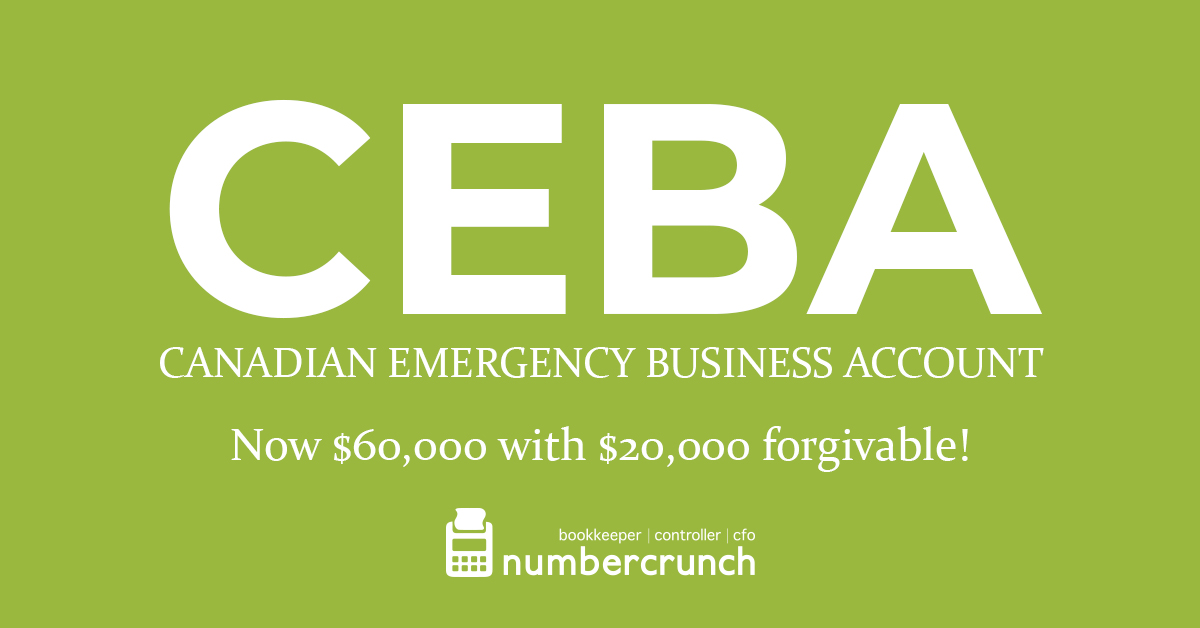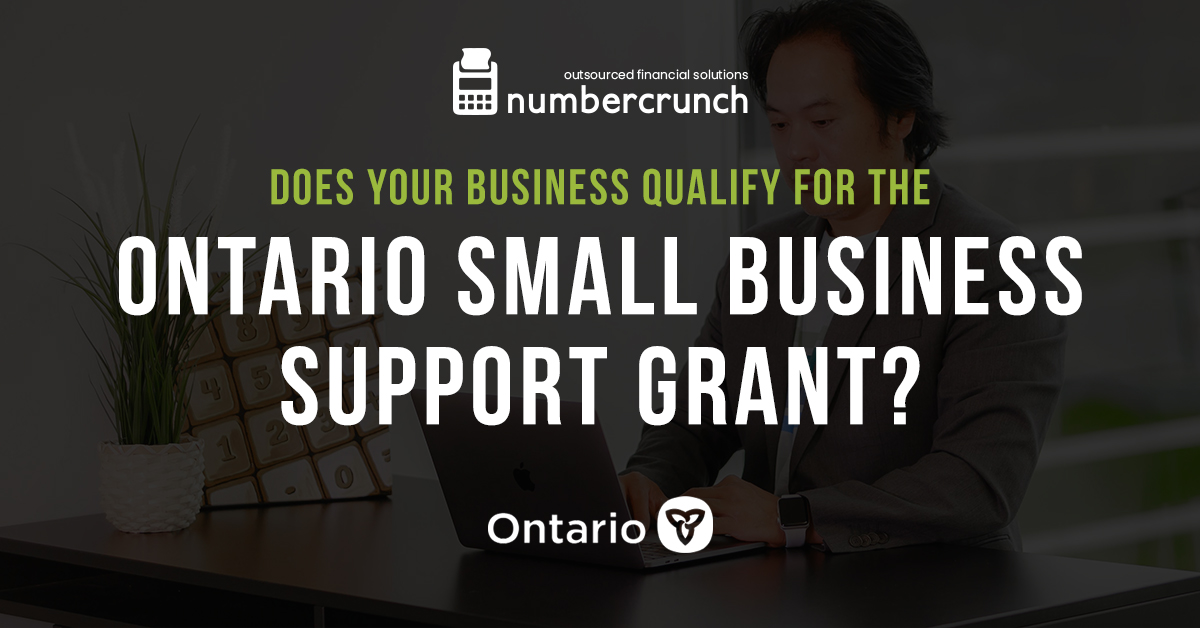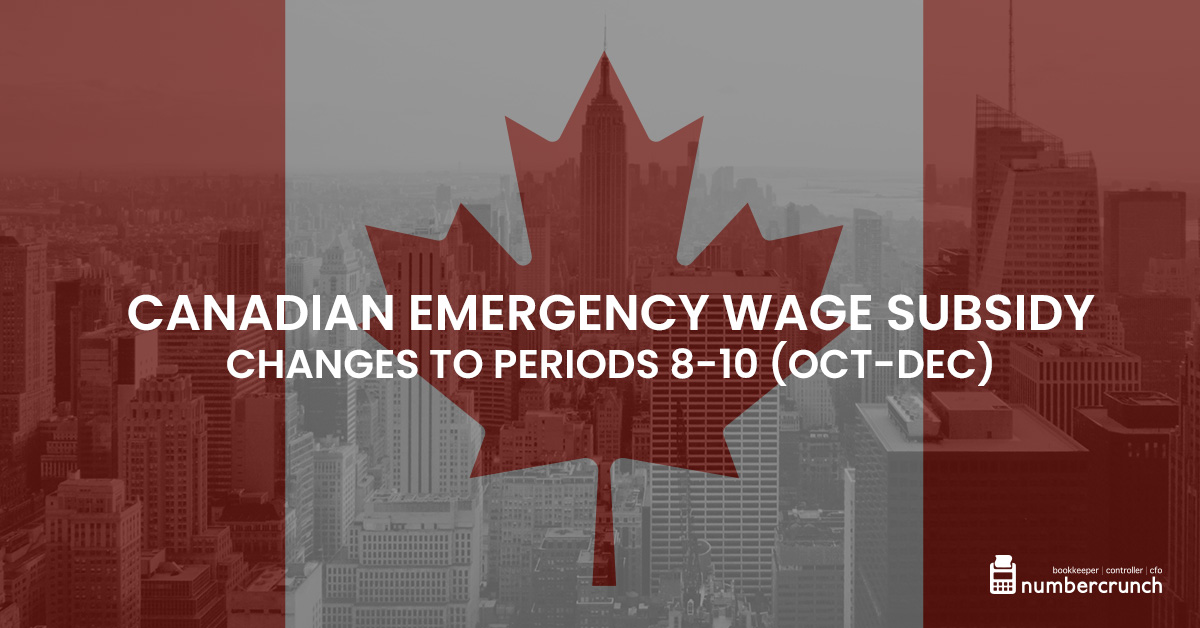The Canadian Emergency Business Account has been expanded to help more businesses. Last week alone over 3000 businesses were approved for CEBA loans totalling $130 Million. Now there will be a rush as businesses seek to access the additional funds available.
As of December 4th you can now apply for an additional $20k bringing the total loan to $60k at the major banks: including RBC, CIBC, TD, National, Bank of Montreal, Bank of Nova Scotia. More institutions will be added in the days and weeks ahead.
The application is by way of the same Financial Institution that you received the initial $40k loan from. Just visit your financial institution and they should have a portal where you can apply for the extension.
And more good news! Initially if the loan was paid back by Dec 2022 there could be forgiveness of up to $10k. That has been extended to $20k!
If you had not originally applied for the CEBA loan it is not too late.
What are the eligibility requirements?
There are essentially two streams (a payroll stream for those with employment income paid in 2019 between $20k and $1.5M), or the non-deferrable expense stream if your payroll in 2019 was less than $20k in 2019. If you fall into the non-deferrable expenses stream you must have non-deferrable expenses between $40k and $1.5M which could include rent, property taxes, utilities, insurance, or essentially any spend in Jan or Feb 2020 or a result of a contractual obligation that was in place before March 1st, 2020. So employees and independent contractors that were under signed contracts by March 1st would have expenses throughout the year that could be described as non-deferrable.
How does CEWS or CERS impact this?
When you sum up your non-deferrable expenses make sure you factor in monies received by CEWS, CERS, the 10% wage subsidy, IRAP IAP and any other COVID-19 government funding program. The point of this money is to provide support for the shortfall.
All of the important details can be found here.









